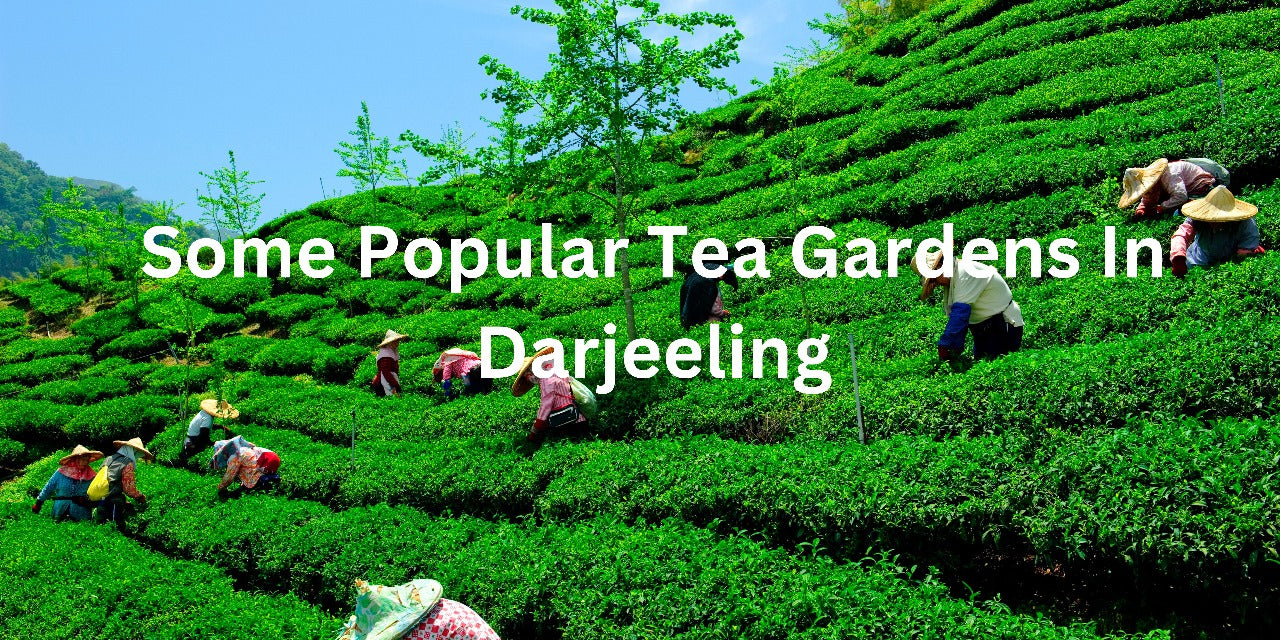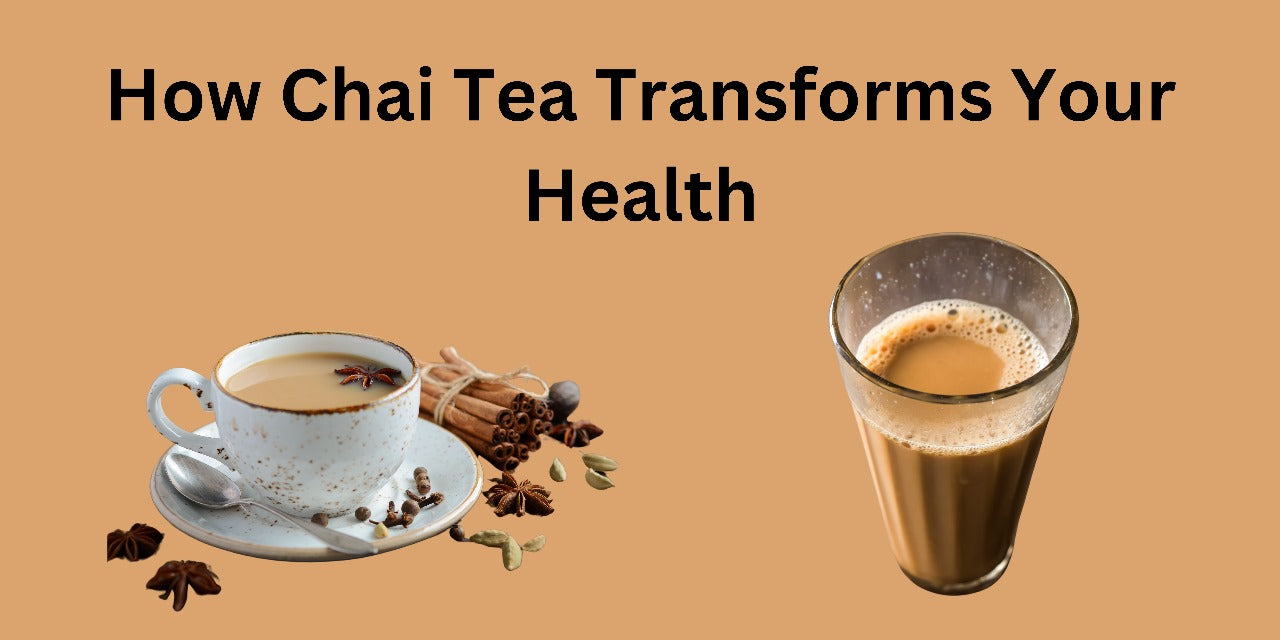Introduction
Darjeeling, nestled in the Himalayan foothills, is synonymous with exquisite tea that captivates connoisseurs worldwide. The town's picturesque landscapes and unique climatic conditions contribute to the distinct flavors of Darjeeling tea. Let's embark on a journey through the lush tea gardens of Darjeeling, each telling a tale of tradition, craftsmanship, and nature's bounty.
Darjeeling tea, often hailed as the "Champagne of Teas," holds a unique and cherished spot among tea lovers. The town's tea gardens not only produce exceptional brews but also offer a glimpse into the rich cultural tapestry of this region.
Darjeeling's Prestigious Tea Gardens
Darjeeling boasts several tea estates, each with its unique charm and contribution to the world of tea. These estates are not just places of cultivation; they are living repositories of history and tradition.
Makaibari Tea Estate
Makaibari, one of the oldest tea estates in Darjeeling, stands as a testament to heritage and sustainable farming practices. Established in 1859, Makaibari is known for its commitment to biodynamic cultivation and producing teas that reflect the terroir of the region.
Glenburn Tea Estate
Nestled on a hillside overlooking the picturesque Rangeet River, Glenburn seamlessly combines tradition with modernity. The estate, established in the 1850s, produces a variety of teas, including orthodox and specialty blends, making it a favorite among tea connoisseurs.
Castleton Tea Estate
Situated against the Kanchenjunga mountain range backdrop, Castleton Tea Estate is famous for its high-altitude teas. The estate's unique elevation contributes to the distinct flavors of its teas, and their muscatel notes are particularly prized.
Margaret's Hope Tea Estate
With a name inspired by the owner's daughter, Margaret's Hope is steeped in romantic lore. Established in the 1920s, the estate is known for its picturesque setting and the production of teas with a nuanced and exquisite taste.
Thurbo Tea Estate
Thurbo stands as a prime example of organic farming practices in the region. Committed to sustainability, the estate produces teas that are not only flavorful but also environmentally conscious.
Risheehat Tea Estate
Nestled in the Mirik Valley, Risheehat Tea Estate offers a sensory journey through its lush plantations. The estate is renowned for producing teas uniquely combining floral and fruity notes.
Giddapahar Tea Estate
Perched at an altitude of 4,000 feet, Giddapahar is known for crafting teas that capture the essence of high-altitude cultivation. The unique terroir of the estate imparts a distinct flavor profile to its teas.
Jungpana Tea Estate
Considered a connoisseur's delight, Jungpana produces limited-edition are highly sought after in the global market. The estate's commitment to quality and craftsmanship is reflected in its teas' unparalleled taste.
Selimbong Tea Estate
Selimbong is renowned for its artisanal approach to tea production and offers panoramic views of Darjeeling's rolling hills. The estate emphasizes the meticulous crafting of teas, resulting in blends with a rich and nuanced character.
Thurbo Tea Estate
Known for its commitment to excellence, Thurbo Tea Estate meticulously handpicks tea leaves to ensure the highest quality. The estate's teas are celebrated for their balanced flavors and aromatic profiles.
Singtom Tea Estate
As the oldest tea estate in Darjeeling, Singtom is a custodian of tradition and heritage. The estate's commitment to preserving the authenticity of Darjeeling tea is evident in every cup.
Gopaldhara Tea Estate
From plantation to cup, Gopaldhara exemplifies a holistic approach to tea craftsmanship. The estate produces a range of teas, each offering a unique and delightful experience for tea enthusiasts.
Conclusion
In conclusion, Darjeeling's tea gardens are not just sources of exceptional tea; they are guardians of tradition, history, and the region's natural beauty. Exploring the diverse flavors of Darjeeling's teas is an immersive journey into the heart of the Himalayas.




